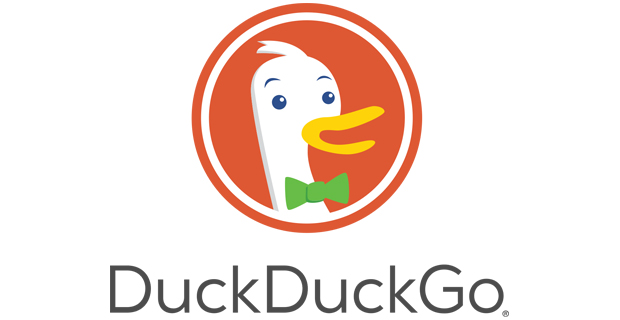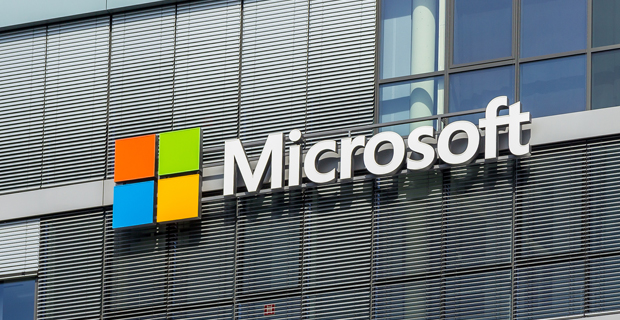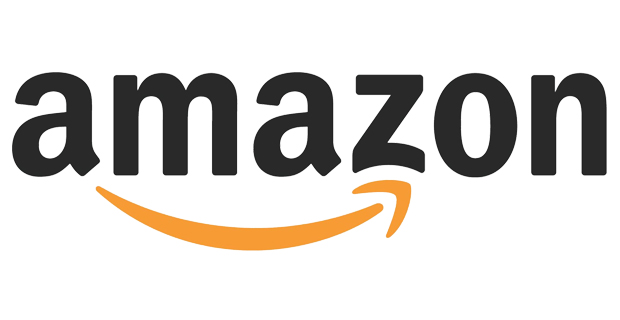The ongoing Google monopoly trial, which accuses the tech giant of abusing its power, marks a significant moment in the current tech landscape. The trial is viewed as the “first monopoly trial of the modern internet era.” Google is being compared to Microsoft’s 1998 case in which the corporation was found to have violated antitrust
The ongoing Google monopoly trial, which accuses the tech giant of abusing its power, marks a significant moment in the current tech landscape. The trial is viewed as the “first monopoly trial of the modern internet era.” Google is being compared to Microsoft’s 1998 case in which the corporation was found to have violated antitrust laws. This trial focuses on Google’s search engine business, which commands 90% of the market in the United States and 91% globally, as well as its advertising business.
The government needs to prove two key points in this case. First, it must establish that Google has market or monopoly power, meaning it can manipulate prices by controlling supply or demand. Second, the government must demonstrate that Google has maintained its monopoly through exclusionary anticompetitive actions, such as leveraging its dominance into other business areas.


Google is expected to vigorously contest these claims. It may argue that the presence of competitors like DuckDuckGo and Microsoft Bing refutes its monopoly status. Additionally, Google may assert that consumer choice, not market power, drives its dominance, and that customers choose Google’s search engine because it provides a superior experience.
The trial’s outcome could have significant implications for the tech industry. If the government succeeds, it may lead to a breakup of Google or the imposition of behavioral remedies. However, the impact on the industry and the potential regulation of Big Tech companies like Google remains uncertain.

This trial reflects a growing appetite for enforcing antitrust laws against Big Tech, signaling increased scrutiny of the industry’s practices. Other tech giants, like Amazon, are also facing antitrust lawsuits, suggesting that regulatory actions against the industry are on the rise.




















Leave a Comment
Your email address will not be published. Required fields are marked with *